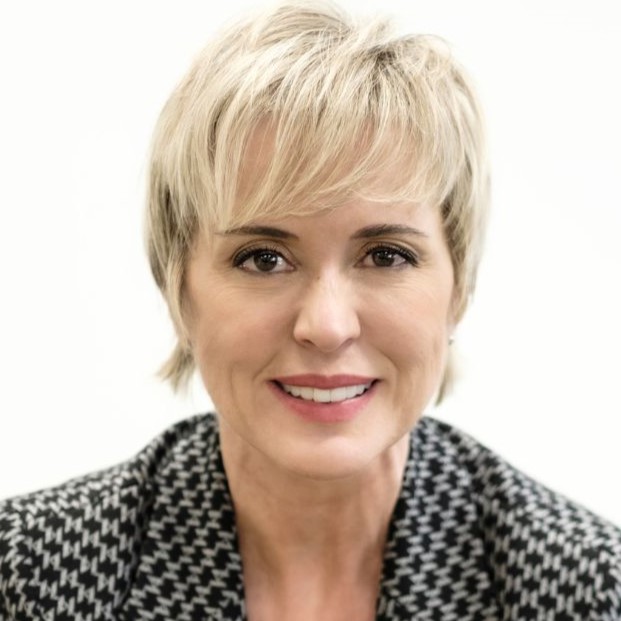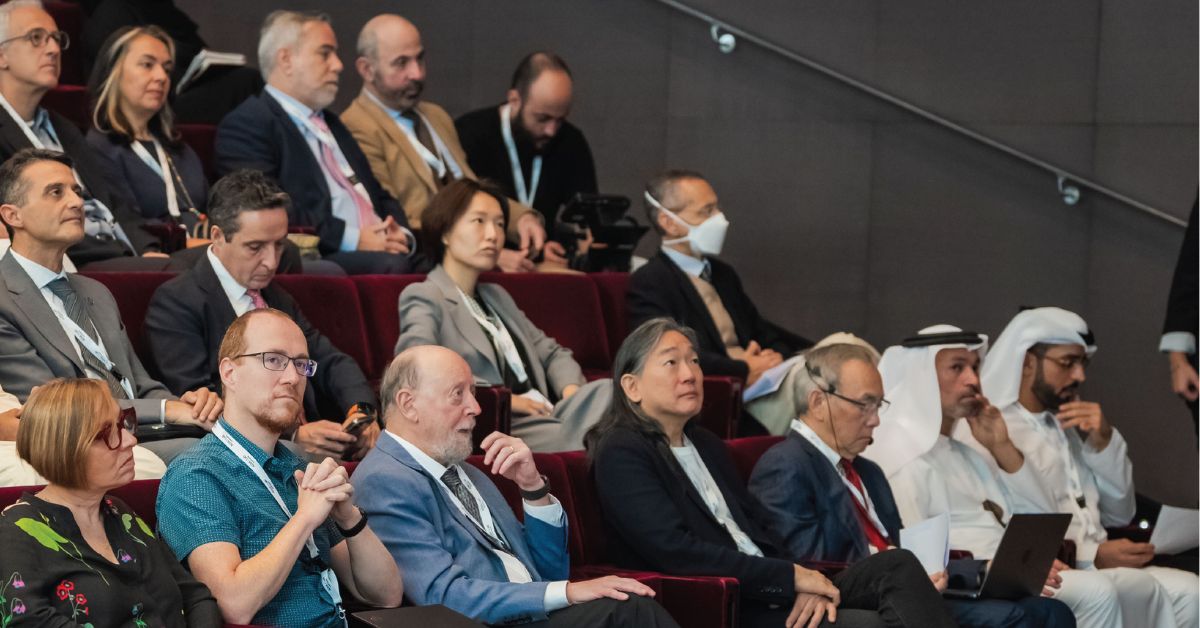ABU DHABI — The UAE’s long-term vision and strategy in Artificial Intelligence (AI) is fostering economic growth and positioning the country as a significant international talent hub, said Carme Artigas, Spanish Secretary of State for Digitalization and Artificial Intelligence.
“This is where the collaboration with Spain comes in. Spain and ADIA Lab focus on exchanging knowledge and talent. We have a similar approach to innovation,” she added.
ADIA Lab, an independent laboratory based in Abu Dhabi, is dedicated to basic and applied research in data and computational sciences.
Common Views on AI Safety
Speaking on the sidelines of the ADIA Lab symposium in the capital, the minister noted that Spain and the UAE share common views on AI safety.
Artigas, who co-chairs the UN High-Level AI Advisory Body, mentioned that Omar Sultan Al Olama, UAE Minister of State for Artificial Intelligence, Digital Economy, and Remote Work Applications, is also a member. Both attended its recent meeting.

“I have been looking very carefully and intensely at the UAE’s strategy on AI, and it resonates a lot with Spain’s national strategy. Here, the UAE is doing an excellent job in promoting the country as a destination for top researchers and innovators.”
New Business Models
The minister added that the UAE’s AI strategy supports innovation, entrepreneurship, research excellence, and the promotion of new business models, especially in the areas of Distributed Ledger Technology (DLT) and the next Large Language Models (LLM).
DLT, the technology used to create blockchains, offers an infrastructure that allows users to view any changes and identify who made them. This reduces the need for data auditing, ensures data reliability, and restricts access to authorized individuals only. LLMs, or Large Language Models, are deep learning algorithms capable of summarizing, translating, predicting, and generating text to convey ideas and concepts. LLMs can be adapted for use across a wide range of industries and fields; examples include OpenAI’s ChatGPT and Meta’s LLaMA.
Spain and Abu Dhabi as Innovation Platforms
The minister emphasized that Spain is an innovation-friendly country, attracting startups. With the Next Tech Fund initiative, Spain has allocated €4 billion (US$ 4.29 billion) to match the same amount in private investments. This aims to create Europe’s largest public-private investment fund focusing on technologies such as cloud services, big data, AI, and blockchain. “So, I think this also opens a lot of opportunities for collaboration with the UAE,” she said.
As a frequent visitor to the UAE capital, Artigas observed that Abu Dhabi excels in creating the right environment for innovators. “You are creating an environment that is fast, innovative, and absolutely respectful of different cultures.”
In addition to tourism, Abu Dhabi is developing its financial and technology sectors to attract talent, she noted.
“Countries compete to attract talent, especially in the digital world. This is also what we are doing in Spain,” the minister asserted.
AI and Creative Destruction
When asked about the debate on potential job losses caused by emerging technologies such as AI, Artigas responded, “Of course, every time there is a technological wave, some jobs disappear while others are created. This will not be different. It will be what I call ‘creative destruction,’ meaning we are getting rid of jobs where the human contribution does not provide additional value anymore.”
Robots will automate repetitive tasks that don’t add significant value, she pointed out. “Then, we free up human capability for development, creativity, imagination, and innovation. In terms of absolute figures, every technological wave has created more jobs than it has destroyed.”
However, she explained that the jobs of the future will require different skills compared to those needed today. “This is a transition because we are not moving from point A to point B overnight.”
As some people may struggle to adapt to these changes, public policies must support them, with education playing a crucial role, the minister emphasized.
“What skills do we need to educate our children for jobs of the future that don’t yet exist? That’s what we need to design today.”
Artigas suggested that the humans of tomorrow might not fit the traditional definition of a rational being, as rational decisions will likely be made by algorithms. This means humans will need to find other ways to distinguish ourselves from algorithms, such as relying on our values, faith, empathy, and compassion, she said.







